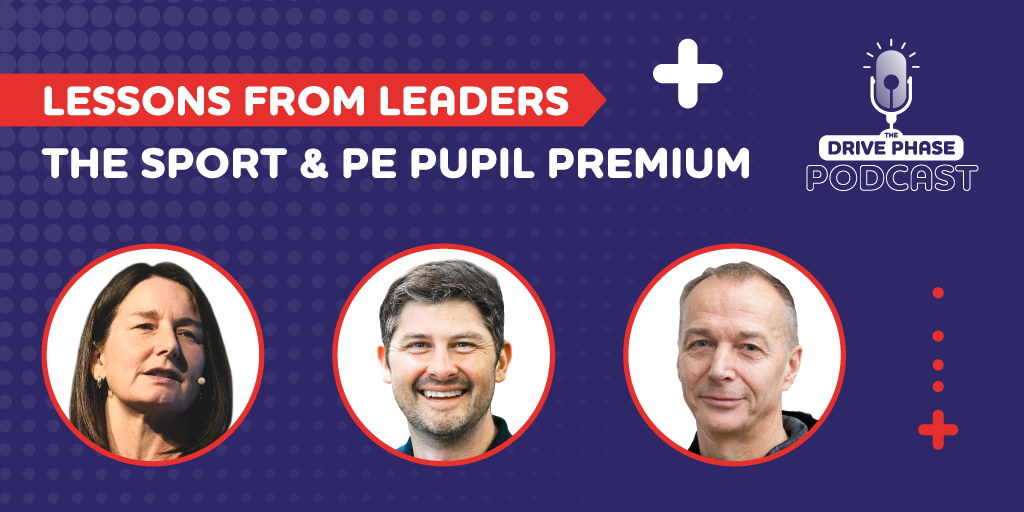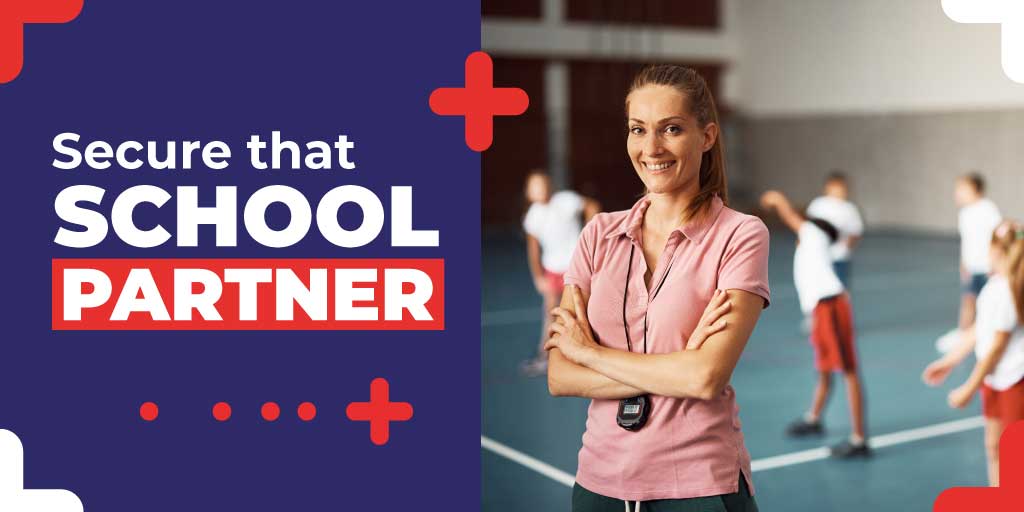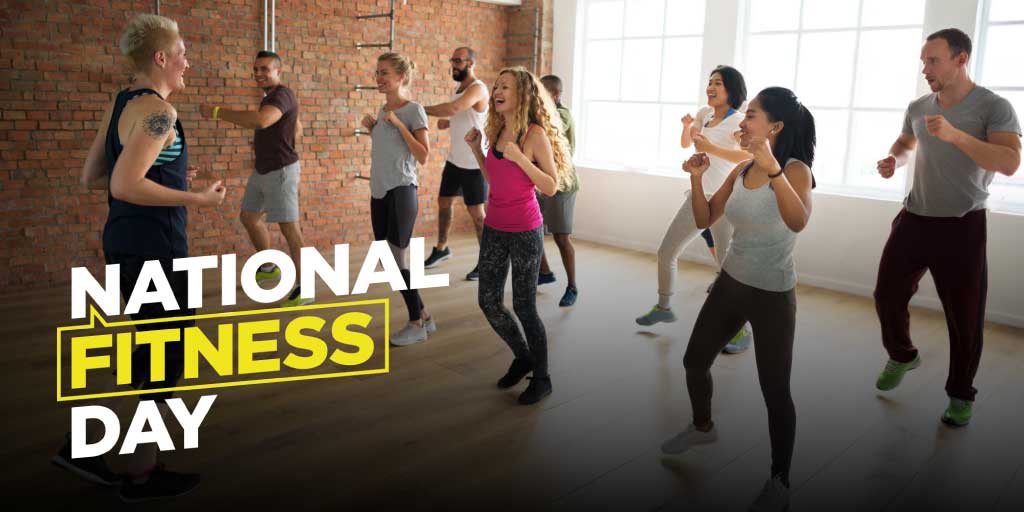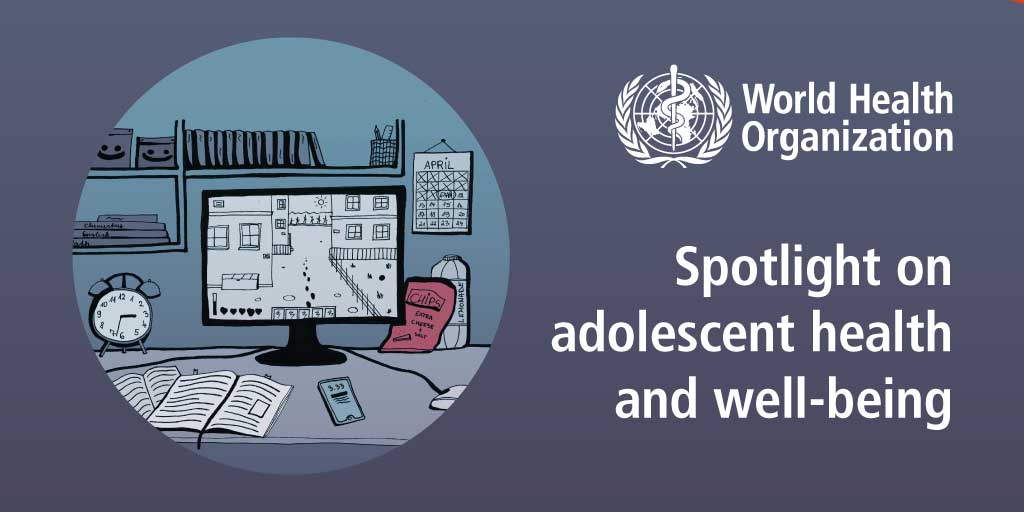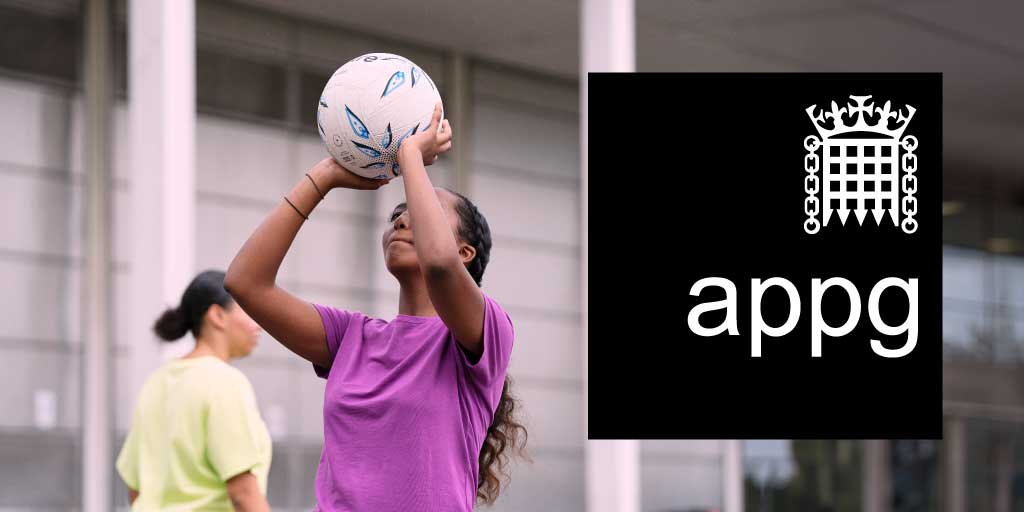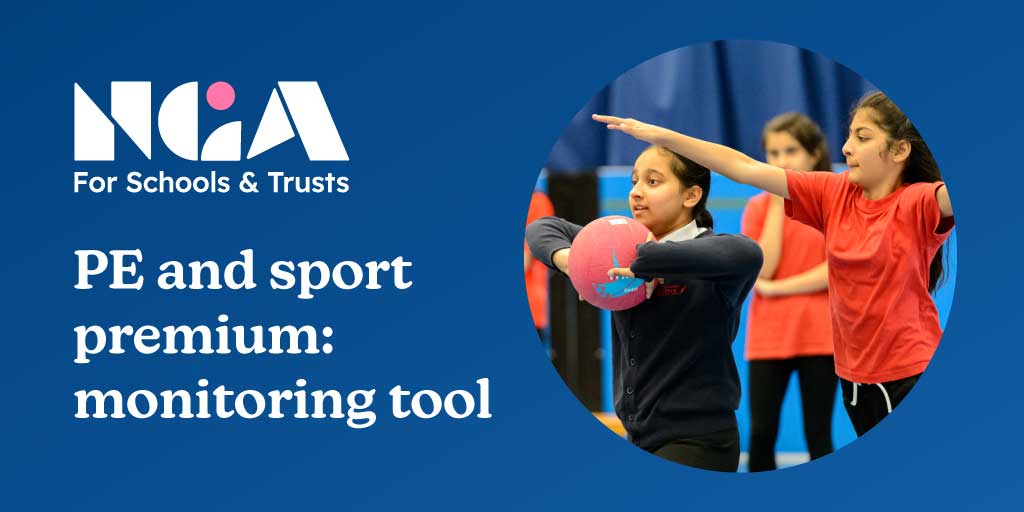The Sport & PE Pupil Premium represents a 320m fund for schools, which has now become an essential part of physical activity provisions for children. Part of the legacy of the London 2012 Olympics and Paralympics, a tax on sugar doubled the fund from 160m to its current investment. For the activities sector, there has never been a better time to impress the importance of your services to schools across the country.
Why is the Pupil Premium so important?
The COVID-19 pandemic has been disastrous for children’s physical health. Around 70% of a child’s cardiovascular health is lost during the summer holidays, but with prolonged lockdowns, issues of poverty, wellbeing support and physical health became increasingly more apparent.
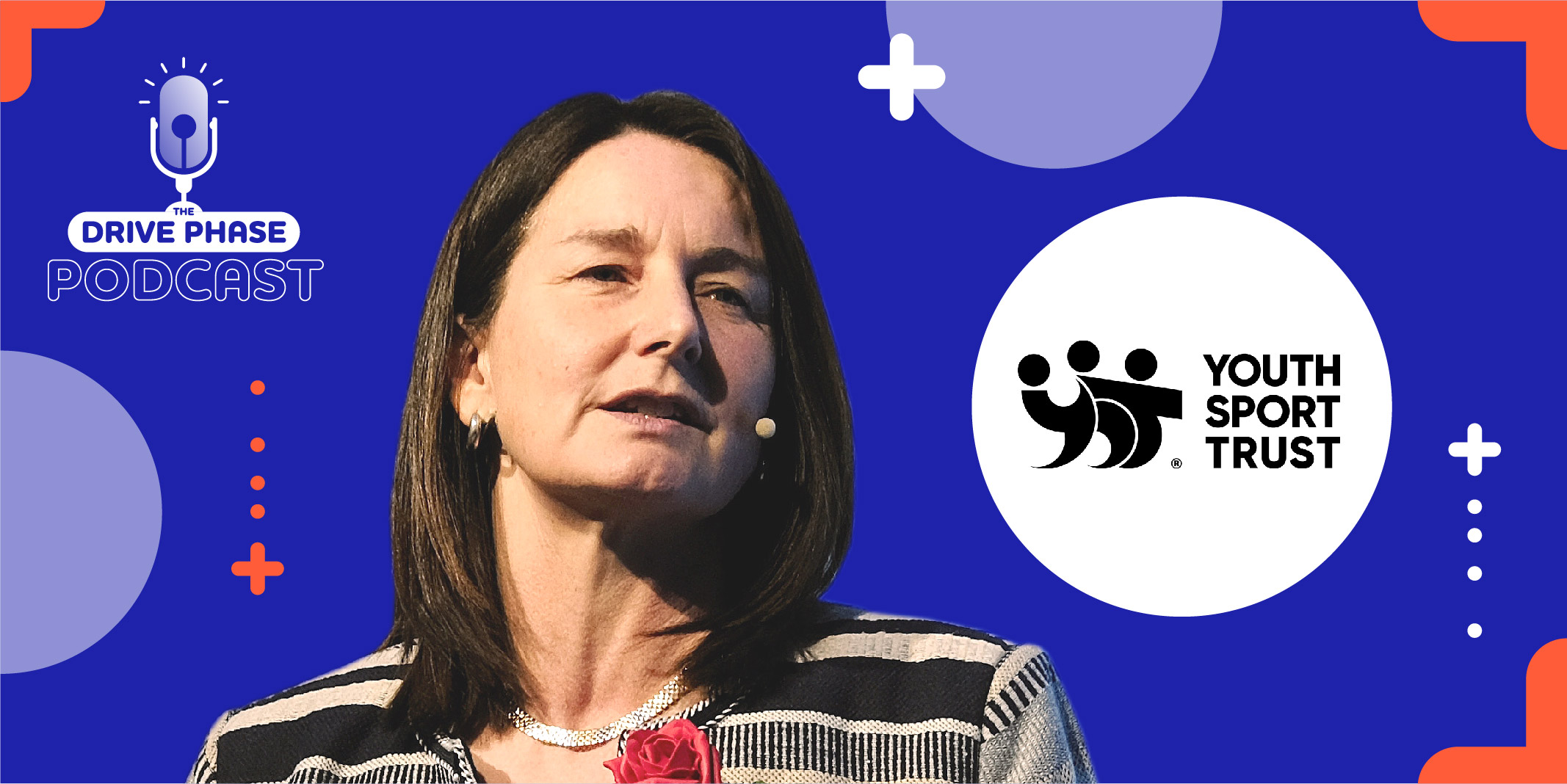
This was no surprise for Youth Sport Trust, an organisation that has been campaigning for sport and PE for children, since 1995. For their current CEO, Alison Oliver, the Premium was part of a two-pronged approach to creating happier, healthier young people. Firstly, to produce a long-term approach to physical activity opportunities and secondly to impress the importance of a less monolithic view of physical activity.
In her interview on The Drive phase podcast, CEO Alison Oliver added:
“Our real desire is a long-term strategy. With a short-term strategy for primary schools, just as people get going and then begin thinking about planning in the long term, they can’t proceed. Why? Because they’re waiting to find out if the Premium will be there again…Ideally, we want people to be able to strategically plan for 10-year periods, so they can see the progress of children from primary school right through to secondary school.”
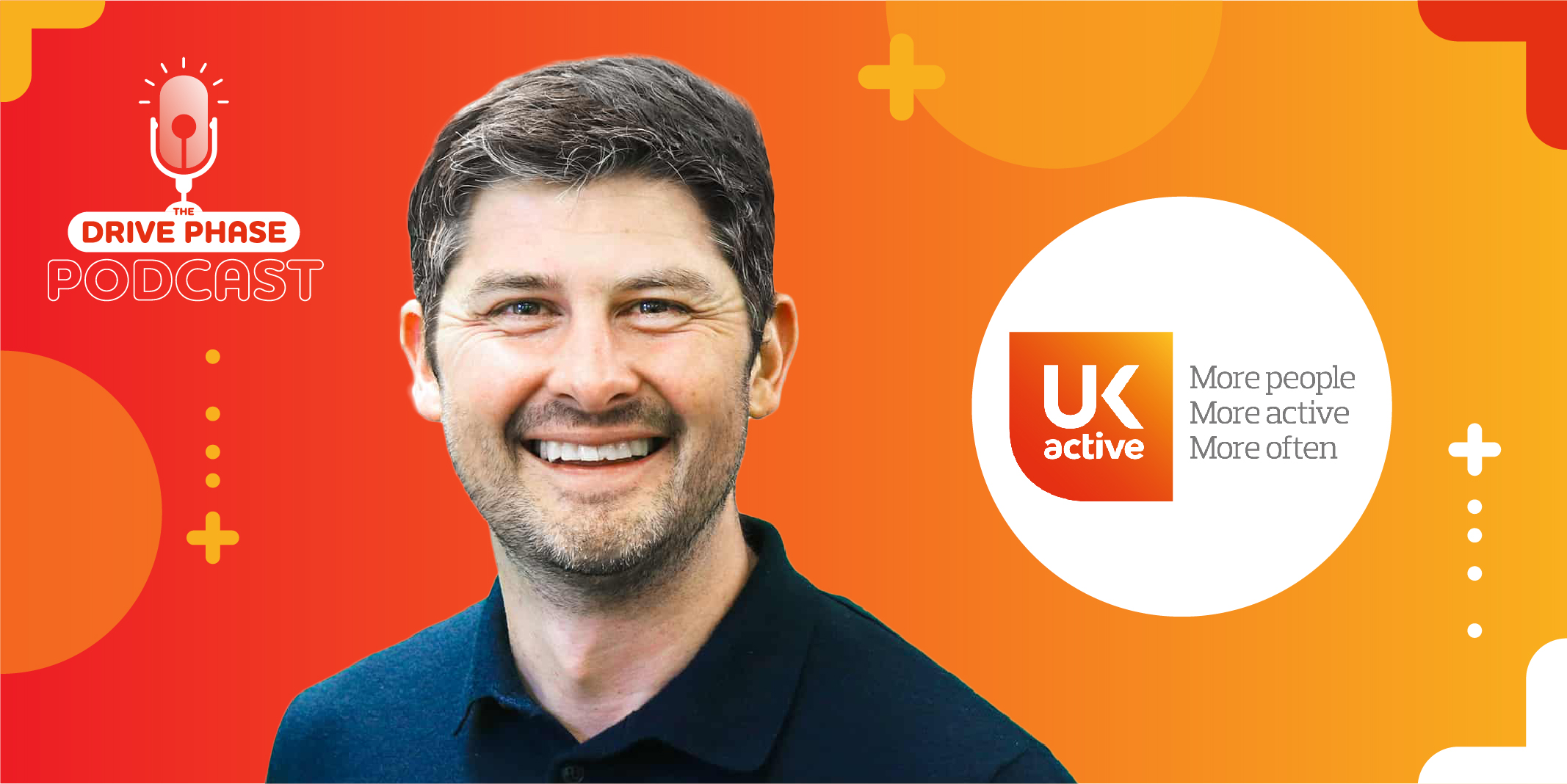
Jack Shakespeare, Director of Research, Policy and Communications at ukactive, saw the same dynamic and is looking to the future. For him, the focus on children’s health and wellbeing must be more robust. He noted the importance of Marcus Rashford drawing attention to the issues organisations like ukactive have campaigned for:
“We’ve applauded the announcement, but it’s been two years of campaigning, not just by ukactive but other organisations. Child food and poverty organisations, children’s sport, and physical activity organisations, and even Marcus Rashford getting involved.”
The monolithic view of physical activity often prevents schools from seeing how physical activity has a wide range of goals. Youth Sport Trust and ukactive have both campaigned to ensure that conversations around educational attainment, community cohesion and wellbeing aren’t seen as separate from physical activity. Rather two sides of the same coin.
Providing evidence for the impact of your programme
One of the key barriers for the Premium is its reporting measures. With a background in teaching, Bryn Llewellyn knows only too well how schools function. Bryn founded Tagtiv8 to connect physical activity with general academic goals.
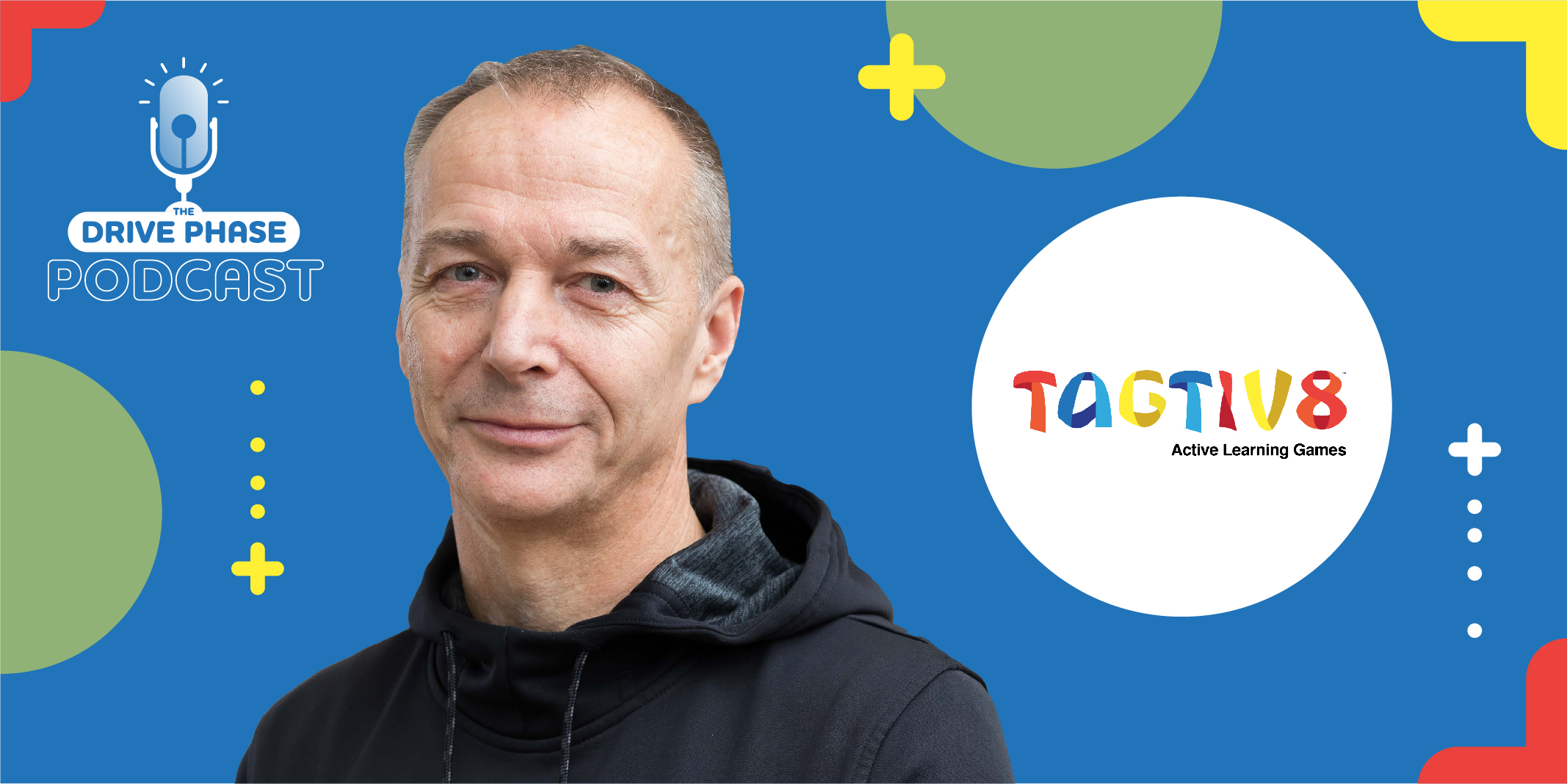
For the Tagtiv8 programme, there’s no easy route to convince schools that the programme has a positive impact. Sample sessions, including activity days, put children and staff right in the midst of programmes like Maths on the Move. Assessing children with easy-to-understand games that show how well they’ve engaged with concepts before and after completing them.
One of the key ways they make reporting measures work for schools is by offering viable resources. In his interview with host James Moore on The Drive Phase podcast, he said:
“We had the children running around with tags on their belts and I would shout a number, and they’d get into pairs. Instantly, the teacher said they’d want to try this in the classroom. The teacher’s default setting was photocopy and laminate tags and basically, there was no need. They could just use the same tags in the classroom and add it to the curriculum.”
Many schools fall into the trap of simply not using their budget well enough. Using it to supply extra funding for teaching assistants, for example, where they may be offering an after-school club without meeting any of the other goals. Tagtiv8 highlights how teachers can learn and make the activities part of their classroom teaching by using those basic assessment structures within the activities.
To find out more about how our guests are using, navigating and managing their impact with the Sport and PE premium, tune in to The Drive Phase podcast.
